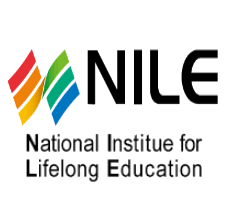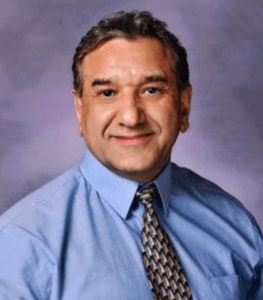
In a world where learning is no longer confined to youth or classrooms, South Korea has taken a bold step in redefining access to education. At the heart of this transformation is the National Institute for Lifelong Education (NILE)—a public institution leading Korea’s efforts to make education flexible, inclusive, and lifelong. In August 2001, I traveled to South Korea and had the pleasure of visiting several universities and met with representatives who explained the Credit Bank System, National Institute for Lifelong Education (NILE) launched by the Ministry of Education.
Whether you’re a student, adult learner, credential evaluator, or policymaker, understanding NILE’s role offers insight into how a nation can embrace education as a continuous journey—not a one-time event.
What is NILE?
Founded in 2008, the National Institute for Lifelong Education (NILE) is a government agency under South Korea’s Ministry of Education. It was established to expand learning opportunities for all citizens by promoting lifelong and adult education.
NILE manages programs for:
• Non-traditional degree pathways
• Adult literacy and skills development
• Remote and self-directed education
• Academic credit banking and credential recognition
Its mission aligns with South Korea’s broader goal of creating a knowledge-based society where every individual—regardless of age or background—has access to learning that can improve their life.
Key Programs and Functions of NILE
1. Bachelor’s Degree Examination for Self-Education (BDES)
NILE administers the BDES program, which allows individuals to earn a bachelor’s degree without attending a traditional university. By passing a series of standardized exams, learners can gain recognized academic credentials, particularly useful for working adults or those who could not access higher education through conventional means.
2. Academic Credit Bank System (ACBS)
The ACBS enables individuals to accumulate and combine academic credits from various learning experiences—including vocational training, online courses, and professional certifications—and convert them into recognized degrees or diplomas.
This system promotes flexibility and values learning outside of formal institutions.
3. Recognition of Prior Learning (RPL)
Through RPL, NILE recognizes informal and non-formal learning experiences, helping adults leverage their work history or community involvement into academic credits.
4. Lifelong Learning Cities
NILE partners with local governments to develop “Lifelong Learning Cities”—communities that offer inclusive access to public education programs, from digital literacy for seniors to parenting classes and employment training for job-seekers.
NILE and Credential Verification
For international institutions and credential evaluation agencies, NILE is an essential resource for:
• Verifying non-traditional degrees issued through the BDES or ACBS
• Confirming the official recognition status of lifelong learning programs
• Ensuring that applicants from Korea have completed valid, government-sanctioned education
NILE-issued records can be authenticated digitally, and the institution maintains an online platform for requesting transcripts and certificates—ensuring secure, transparent academic documentation.
Why NILE Matters in a Global Context?
In an age of global mobility, where more Koreans are pursuing education or careers abroad, NILE plays a pivotal role in:
• Legitimizing alternative education pathways
• Supporting inclusive education policy
• Helping adults re-skill and up-skill in response to changing economies
It also reflects a growing international trend: education isn’t just for the young—it’s a lifelong right.

Alan Saidi
Vice-President/COO/CTO

The Academic Credentials Evaluation Institute, Inc. (ACEI), was founded in 1994 and is based in Los Angeles, CA, USA. ACEI is a full-service company providing complete and integrated services in the areas of international education research, credential evaluation, and translation. https://acei-global.org/
